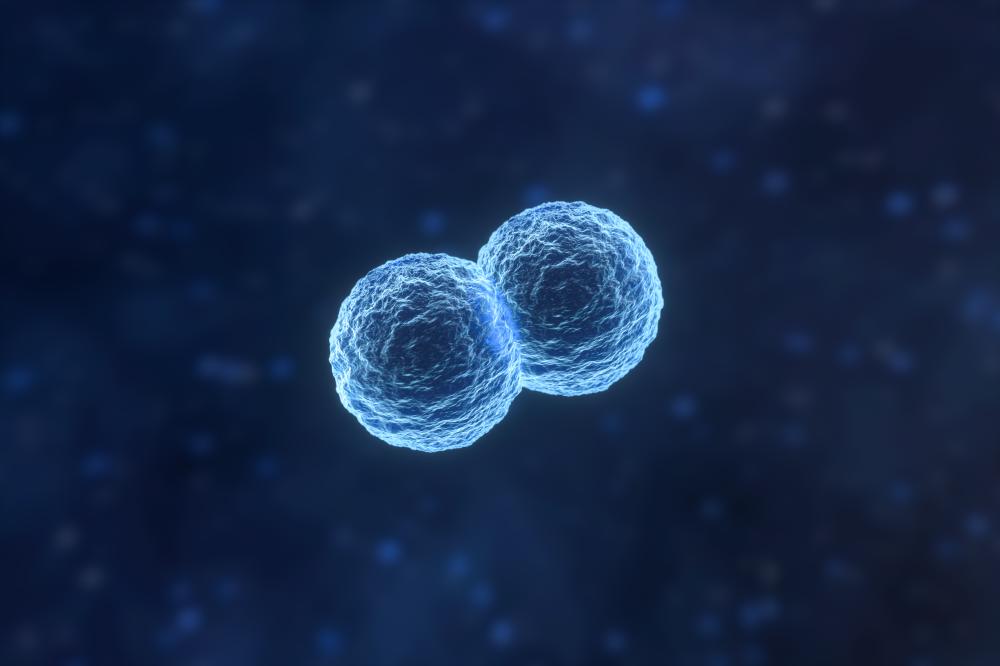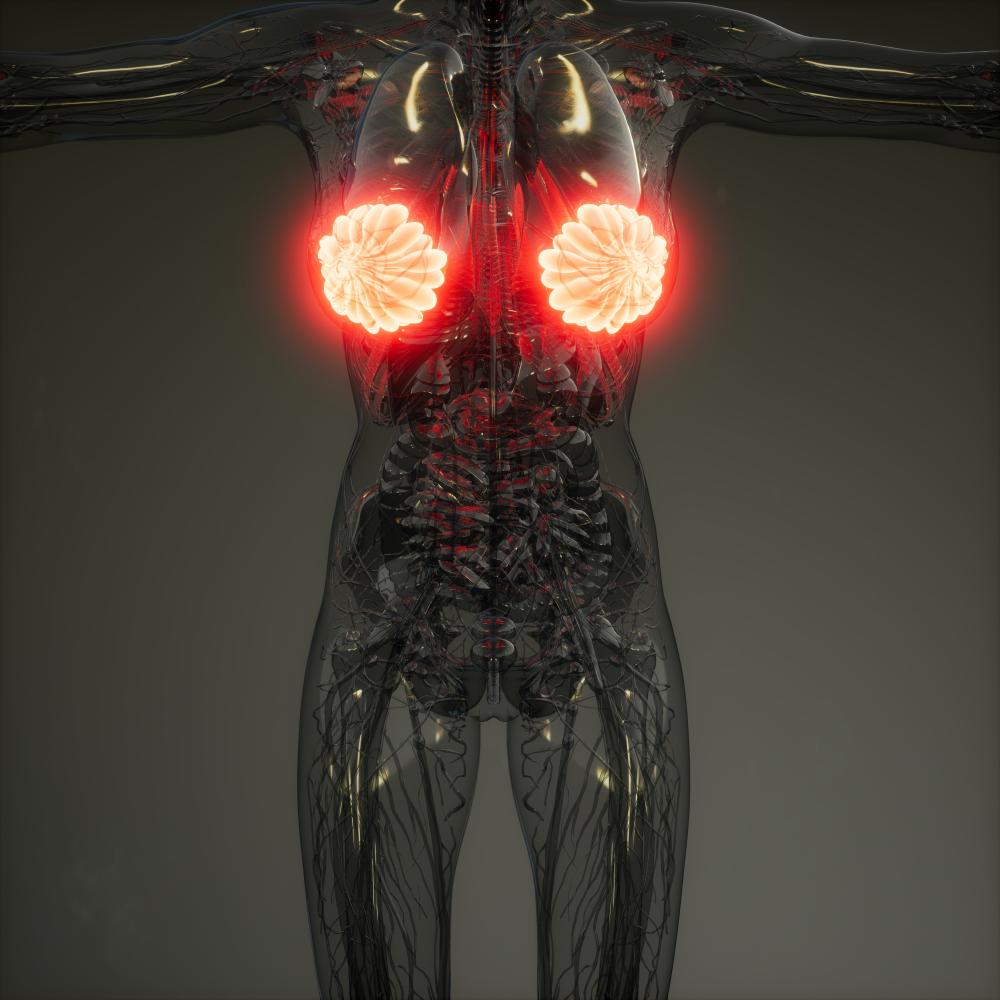Anti-Mullerian Hormone

Understanding Anti-Müllerian Hormone
At Ansh Labs, we recognize that the journey through reproductive health, fertility, and research can be complex and filled with uncertainties. A key player in this complex journey is the Anti-Müllerian Hormone (AMH), a hormone integral to understanding ovarian reserve and fertility potential among women. This hormone, produced by the granulosa cells in ovarian follicles, serves as a marker for ovarian function and has implications far beyond fertility.
The Role of Anti-Müllerian Hormone in Research
In the spirit of turning hope into reality, our focus at Ansh Labs extends into the fascinating world of AMH and its implications in both human and veterinary medicine. Our groundbreaking work in Feline AMH Testing for Spay Status is a testament to the versatility and significance of AMH across species.
The Importance of Accurate Measurement
Why Precision MattersUnderstanding and measuring Anti-Müllerian Hormone accurately is crucial. Our offerings, such as the highly specific assays and rapid turnaround times, are tailored to ensure that researchers and healthcare professionals have access to the most reliable and sensitive AMH measurement tools available. This accuracy is pivotal, as it influences treatment decisions, research conclusions, and, ultimately, patient outcomes.
Our Unique ApproachOur unique in-house antibody development process is designed to pinpoint the optimum binding sites for Anti-Müllerian Hormone, ensuring that our assays deliver consistency and precision. The importance of this meticulous approach cannot be overstated, especially when considering the broad range of conditions and life stages that AMH testing can inform on--from assessing ovarian reserve to diagnosing polycystic ovary syndrome (PCOS).
Applications of Anti-Müllerian Hormone
Infertility and Ovarian ReserveOne of the most well-known applications of Anti-Müllerian Hormone testing is in the field of reproductive health, particularly concerning infertility and assessing ovarian reserve. A woman's ovarian reserve provides insight into the quantity of eggs remaining, which is invaluable for those navigating the challenges of infertility.
PCOS and MenopauseBeyond fertility, AMH levels offer insights into conditions like PCOS and the transition into menopause. Elevated levels of AMH might indicate PCOS, a condition characterized by ovarian cysts and hormonal imbalances. Conversely, decreasing levels of AMH signal a reduction in ovarian reserve, which can be a precursor to menopause.
Advancing Through Innovation
Our dedication at Ansh Labs is not just about developing assays; it's about fostering advancements in health and science that can transform lives. Our work in the niche area of Feline AMH Testing exemplifies how innovative thinking and a commitment to research can open new avenues for understanding and application across different fields and industries.
The Future of Anti-Müllerian Hormone Research
Looking ahead, the potential of Anti-Müllerian Hormone research is boundless. With each study, the medical and scientific communities inch closer to unlocking new solutions and understanding about human and animal health. At Ansh Labs, we are excited to be at the forefront of this exploration, providing the tools that researchers need to uncover the next breakthroughs.
Our Commitment to Excellence
At the heart of Ansh Labs is a commitment to excellence, innovation, and the relentless pursuit of answers. We understand that behind every test and every research project are individuals and stories waiting for hope. Whether it's through developing assays with exceptional sensitivity or exploring uncharted territories like the AMH levels in felines, we're dedicated to contributing meaningful insights to science and health.
In Conclusion
In the intricate dance of hormones, understanding the role and levels of Anti-Müllerian Hormone is a powerful tool in both clinical and research settings. As we continue to forge paths in immunoassay development, we invite researchers, healthcare professionals, and the broader scientific community to join us in this exciting journey. Together, let's transform the hope for a healthier tomorrow into a reality.
- Rapid turnaround times for AMH testing
- Highly specific assays with excellent sensitivities
- Innovative approaches in both human and veterinary research
- A commitment to precision and reliability in immunoassay development
At Ansh Labs, our door is always open for those seeking to understand and explore the vast potential of Anti-Müllerian Hormone in advancing health and science. Subscribe to our newsletter to stay informed about the latest in immunoassay technology and breakthroughs in research.

What is a good AMH level to get pregnant?
At Ansh Labs, we often get asked about the ideal Anti-Müllerian Hormone (AMH) levels for conceiving. It's important to note that AMH levels serve as an indicator of a woman's ovarian reserve, not necessarily her fertility potential. However, in general, an AMH level above 1.0 ng/mL is considered satisfactory for attempting to conceive. But remember, fertility is complex and influenced by many factors beyond just AMH levels. That's why we advocate for a comprehensive fertility assessment rather than focusing solely on one metric. Have you and your partner had a thorough fertility work-up yet?
What are normal AMH levels by age?
Understanding AMH levels through the lens of age is crucial, as ovarian reserve diminishes over time. In women under 30, AMH levels typically range from 2.0 to 7.0 ng/mL, indicating a higher ovarian reserve. Between ages 30 and 40, levels might start to decline, averaging between 1.0 to 3.0 ng/mL. After 40, levels could drop further, often below 1.0 ng/mL, signaling a decreased ovarian reserve. These figures are averages, and individual experiences may vary. It's also a reminder of how essential early and personalized fertility planning can be. Have you considered your long-term reproductive goals?
What does it mean if your anti Mullerian hormone is low?
Low levels of AMH can indicate a reduced ovarian reserve, which might suggest challenges in conceiving naturally. However, it's not an absolute indicator of infertility. Many women with low AMH levels conceive successfully. At our labs, we encourage individuals not to see a low AMH as a definitive barrier to parenthood but as a piece of the puzzle. It's an opportunity to explore other fertility options and interventions early. Curious about what next steps might look like for you?
What is the hormone AMH in pregnancy?
AMH doesn't play a direct role in pregnancy itself but it is a valuable marker before conception. It helps assess a woman's ovarian reserve or the quantity of eggs she has left, which can indirectly influence her ability to conceive. A common misconception is that AMH can predict the timing of menopause or the success rate of IVF, but its primary utility is as a gauge of ovarian reserve. We're keen to debunk myths and provide clarity. Have any AMH myths you'd like us to address?
How does AMH testing affect fertility treatment planning?
In fertility treatment planning, AMH testing is a cornerstone. It offers insights into the quantity of a woman's ovarian reserve, enabling personalized treatment strategies. For instance, in IVF, AMH levels help in tailoring the dose of ovarian stimulation medications. A fine-tuned approach can significantly increase the chances of a successful outcome. It's a testament to how precision in testing translates to more informed, effective treatments. How might AMH testing shape your fertility journey?
Are there non-fertility uses for AMH testing?
Absolutely, AMH testing isn't confined solely to fertility applications. It's also valuable in diagnosing and managing conditions like Polycystic Ovary Syndrome (PCOS) and predicting the onset of menopause. Additionally, in our pioneering work with feline AMH testing, we've shown its utility in veterinary medicine. This versatility underscores the hormone's significance beyond reproduction, opening doors to broader healthcare insights. Have you considered how AMH testing might be relevant to your overall health?
What makes an accurate AMH test critical?
Accuracy in AMH testing is critical for several reasons. Firstly, it ensures that treatment plans, whether for fertility or other health conditions, are based on reliable data. At Ansh Labs, our focus on assay sensitivity and precision aims at eliminating uncertainties, thereby fostering better outcomes. An accurate AMH test can make a world of difference in decision-making processes, highlighting why we champion meticulousness in our testing procedures. Is accuracy a priority in your healthcare decisions?
Resources
- The Hormone Health Network - Anti-Müllerian Hormone (AMH): Learn more about the role and significance of Anti-Müllerian Hormone in reproductive health.
- National Center for Biotechnology Information - AMH in Reproductive Research: Explore the latest research on Anti-Müllerian Hormone and its implications in human and veterinary medicine.
- National Center for Biotechnology Information - AMH Testing Applications: Discover the various applications of Anti-Müllerian Hormone testing in infertility, PCOS, and menopause.